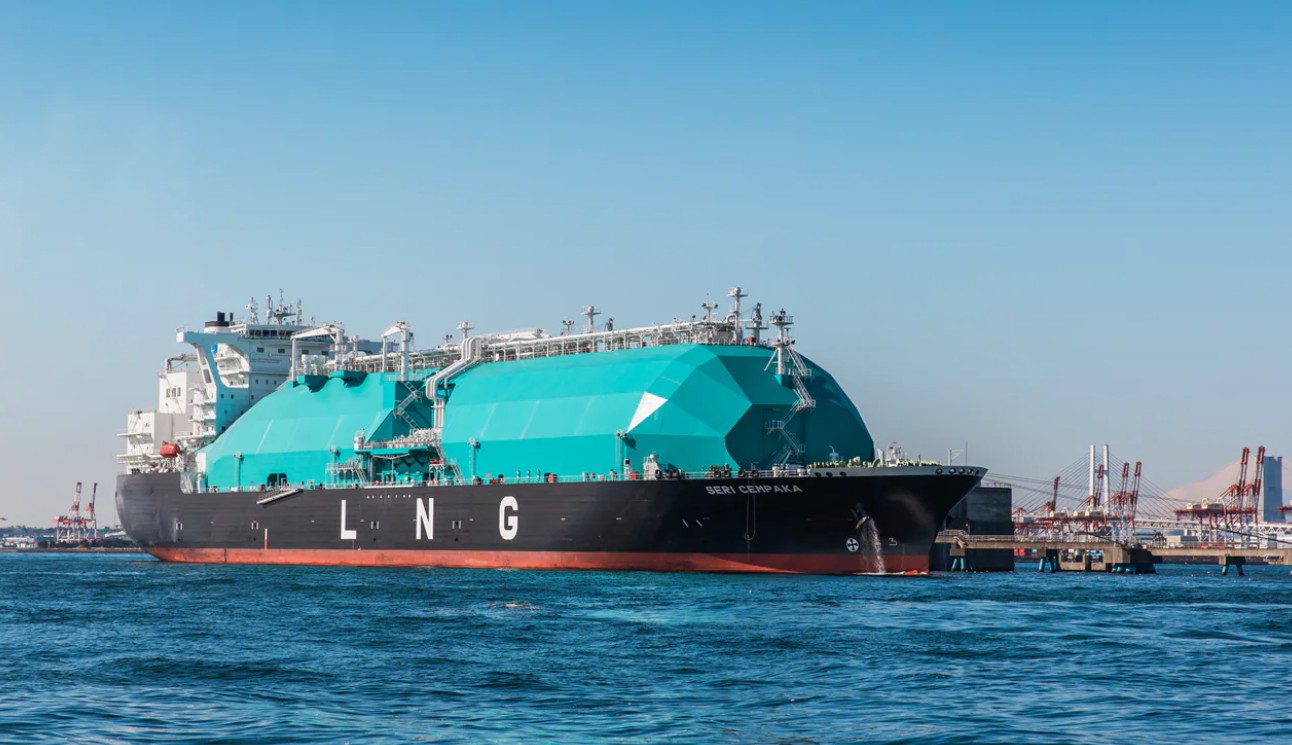This story requires a subscription
This includes a single user license.
Despite the market headwind, MISC’s gas assets and solutions sub-segment “remained committed to improve operational efficiency and cost containment for existing steam vessels and strengthening its fleet rejuvenation strategy through the deployment of new, modern, eco-efficient LNG and ethane carriers.”
MISC said in its quarterly results report that the segment is also “actively exploring strategic options, including vessel lay-ups and redeployment opportunities for vessels that are currently off charter.”
The company noted that steam LNG carrier rates remain under pressure while DF/TF and XDF/ME-GI rates are expected to see rates recover from 2026 onwards, aligned with improved demand and supply dynamics.
MISC said its gas assets and solution business, which includes a fleet of LNG and ethane carriers, posted second-quarter revenue of 524.4 million ringgit ($124.7 million), a drop of 23.8 percent compared to the same period last year.
MISC attributed the drop to lower earning days from contract expiries, vessels disposal, and lower charter rates in the current quarter.
Moreover, MISC’s gas assets and solution business reported operating profit of 239.4 million ringgit ($57 million) in the second quarter.
Operating profit decreased by 3.9 percent compared to the same period last year due to translation impact from strengthening of the Malaysian ringgit against the US Dollar in the current quarter, MISC said.
Operationally, the segment’s operating profit in the current quarter was comparable to the
corresponding quarter, MISC noted.
MISC is one of the largest operators of LNG carriers and most of them are on long-term charters.
According to MISC, it operates a fleet of 28 LNG carriers, including one 25 percent-owned LNG carrier as part of the QatarEnergy joint venture with NYK, K-Line, and CLNG.
In addition to its operational vessels, MISC has 18 LNG carriers on order, including 11 vessels as part of the QaatrEnergy joint venture.
Last year, MISC ordered two LNG carriers from South Korea’s Samsung Heavy. These vessels will serve Petronas under charter deals.
MISC expects six more LNG carrier deliveries in 2025, eight in 2026, and four in 2027.

